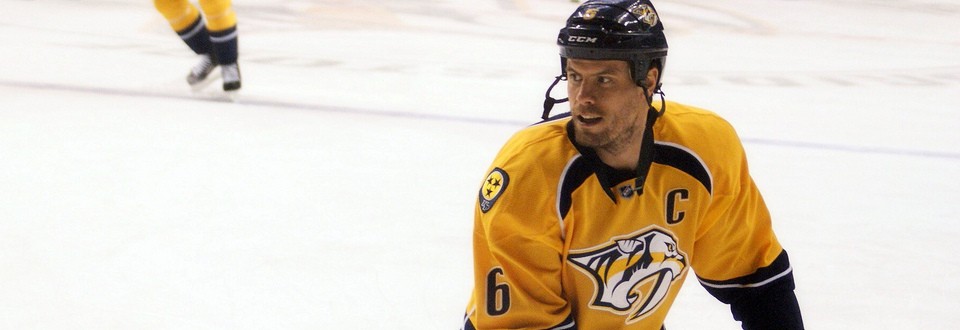When I started playing basketball, my father would often join me on our unofficial and jagged cement court in the barn. There were often carpentry tools in the way or puddles of rainwater that always seemed to find a way through the holes in the metal roof, but we would never use that as an excuse to stop playing. Our games always had the same flow: I would try to score and he would pretend to be “The Glove.”
As legend says, Gary Payton was given his nickname during the 1993 Western Conference Finals because he was holding Kevin Johnson (one of the best offensive guards of the early 90’s) “like a baseball in a glove.” The nickname stuck and for good reason. Gary Payton is probably the best defensive guard to ever play the game (I would give him the edge over Michael Jordan because Scottie Pippen would usually guard the other team’s best player). He was named to nine NBA All-Defensive First Teams and won Defensive Player of the Year in 1996 (the only point guard to ever do so). However, before he was throwing lobs to Shawn Kemp and trash talking his way to the top of the league he made his mark at Oregon State.
My father was never that good at basketball. He was short, never had a reliable jumper, but seemed to possess the spirit of “The Glove” every time we played. His arms would never stop moving, his mouth would never stop yapping, and he ended up stealing the ball more times than I care to remember. My father’s stint at Oregon State overlapped with Payton and he enthusiastically told stories of the Payton years in the late ‘80s, arguably the best stretch of basketball for the Oregon State program outside of the Orange Express team. It all started with the defense (a testament of Coach Ralph Miller), he said. Nobody could score on The Glove.
It turns out that my dad wasn’t that wrong. If Payton and his coach had figured that out, the Seattle Supersonics might have beaten the Chicago Bulls in the 1996 NBA Finals, the team that won an unthinkable 72 games in a season. After falling behind 3-0 in the series, Gary Payton started guarding Jordan. (The only reason he wasn’t guarding him earlier was because of a calf injury, which seems pretty stupid in hindsight). Nobody ever guarded Jordan better. After dominating the first three games, Jordan shot 36.7% from the field and 11% from the three-point line for the remainder of the series. The Sonics won two games in a row before running out of gas in Game 6. Payton was shorter and lighter than Jordan but showed that pure tenacity on defense could smother the best player of all time.
My dad took me to watch Payton play in a preseason game at Gill Coliseum in 2002. I didn’t quite get it then, but every fan over the age of 30 treated him like a celebrity. Payton knew it too. He was whistled for a foul during the first few minutes of the game and looked at the ref like they had just crashed his homecoming party. Yet, everything my dad told me was true as Payton showed off his historically tenacious defense in Gill Coliseum one last time.
After becoming a Payton fan, it was painful to watch his body break down. It seemed to happen all at once. One second he was still a star in Seattle and then all of a sudden he couldn’t start over Jason Williams on the 2006 Miami Heat. I imagine that after four years of college and thirteen solid pro years of running around like a coked up hyena and guarding the other team’s best player, his body just wore down. Maybe that’s why nobody else ever played like him. Nobody could match his intensity.
Even in adulthood, Gary Payton continues to leave his mark on Oregon sports. His son, appropriately named Gary Payton Jr. (and even more appropriately nicknamed The Mitten), leads a promising young Oregon State squad. Last December, he recorded the second triple double in school history. The first? Gary Payton Sr., twenty years beforehand. Payton’s legacy continues with his own kin. I just hope that the younger Payton doesn’t forget about the tenacious defense his dad taught him too.
Add The Sports Daily to your Google News Feed!
